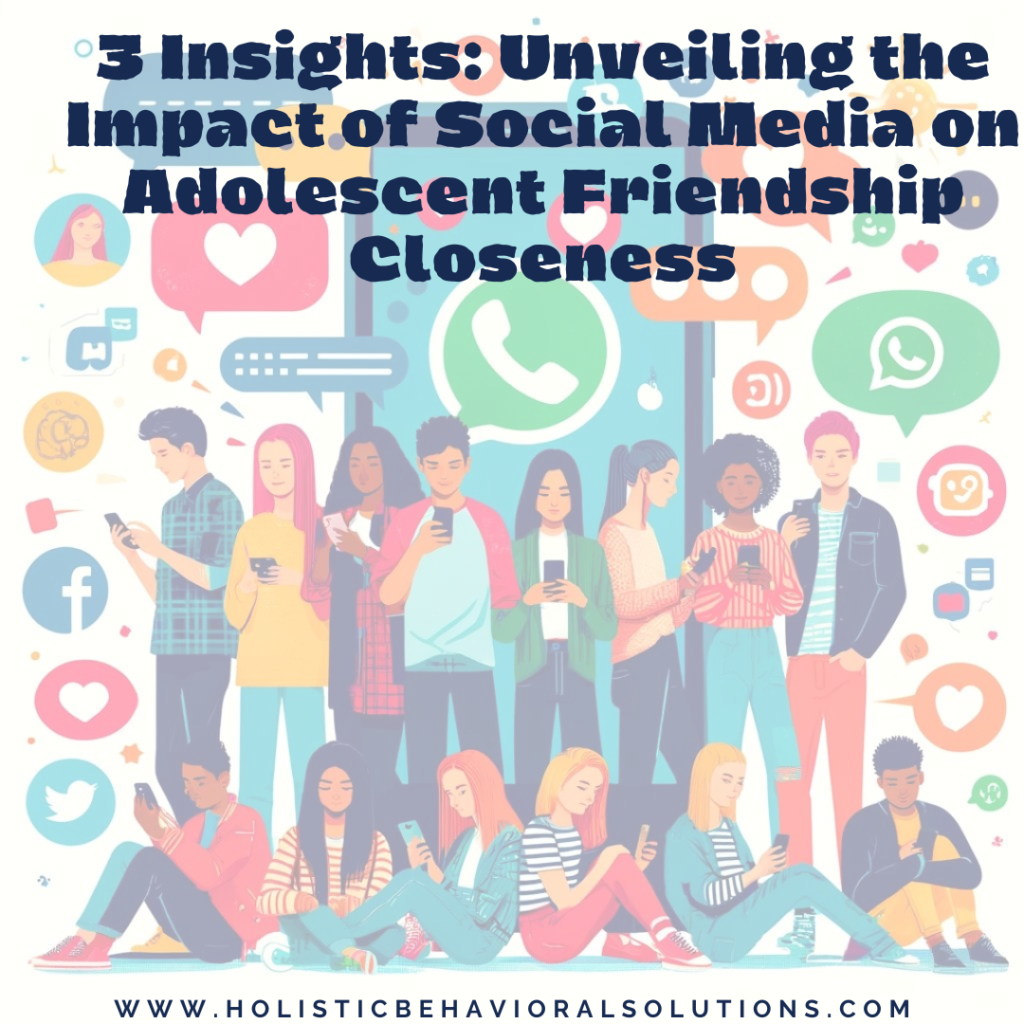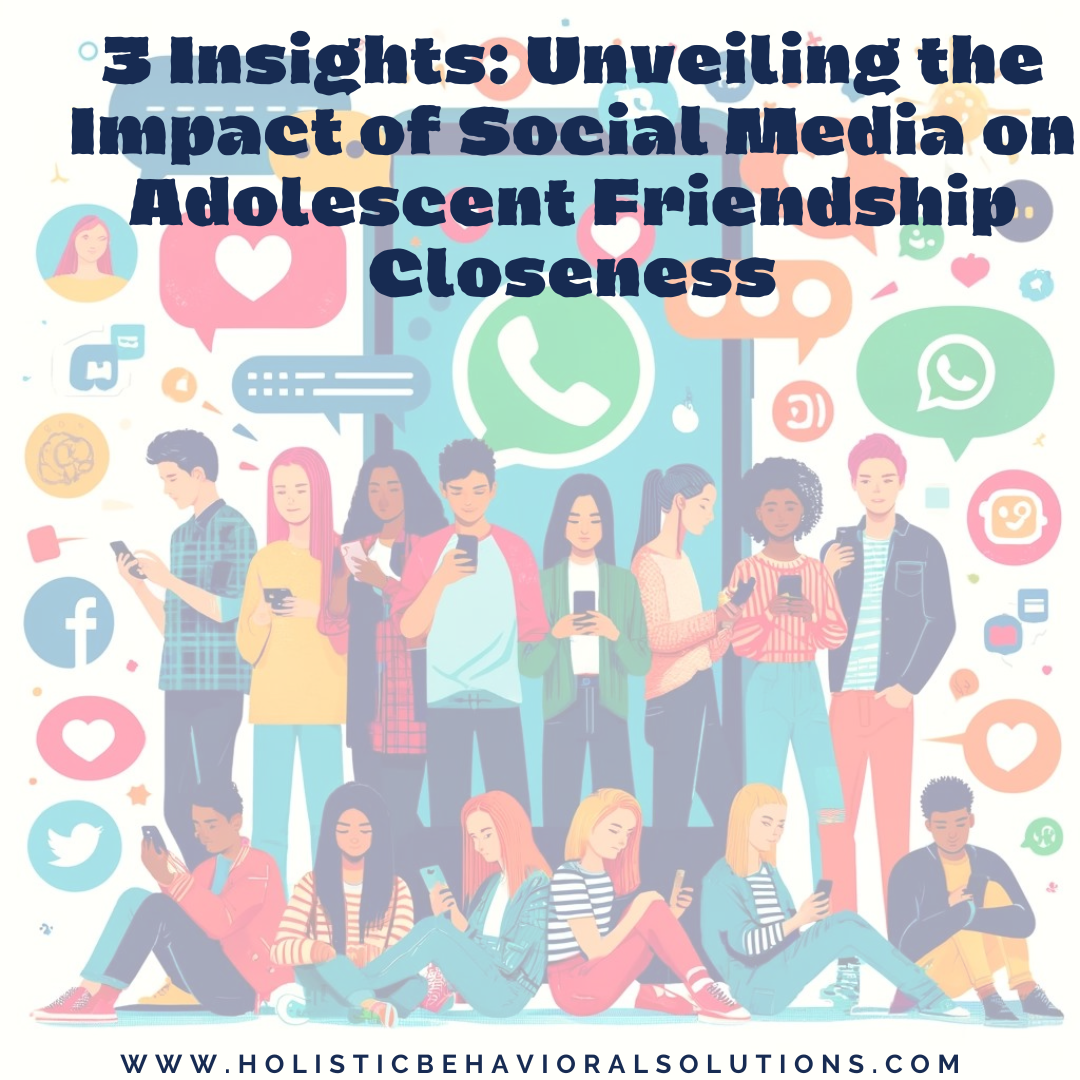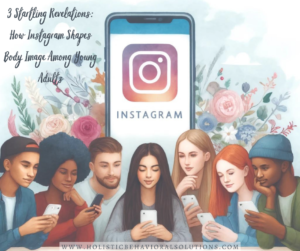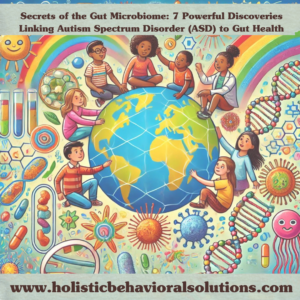
How Social Media Influences Friendship Closeness Among Adolescents: Insights from an Experience Sampling Study
Let us admit that we can’t get away from social media. In the digital age, social media platforms like Instagram, WhatsApp, and Snapchat have become integral to adolescents’ social lives, profoundly impacting how friendships are formed and maintained. A groundbreaking study published in Developmental Psychology explores the nuanced relationship between social media use and friendship closeness among middle adolescents, offering new insights into this dynamic interaction.
Study Overview
The research involved 387 adolescents (54% girls; average age 14.11 years; 96% Dutch) who were asked to report their social media usage and feelings of friendship closeness six times per day over a three-week period. This extensive data collection, amounting to 34,930 observations, utilized the experience sampling method (ESM), a real-time data collection technique that captures the immediate behaviors and experiences of participants.
Key Findings
Positive Associations at the Between-Person Level:
At the between-person level, where comparisons are made between different individuals, the study found positive associations between friendship closeness and social media use. Specifically, general usage of WhatsApp and Instagram interactions with close friends were linked to greater feelings of closeness in friendships. This suggests that for some adolescents, regular engagement on these platforms can enhance the perceived quality of friendships.
Negative Associations at the Within-Person Level:
Conversely, at the within-person level, which examines changes within individuals over time, the study observed small negative associations between general WhatsApp use and Instagram use (both with and without close friends) and feelings of friendship closeness. This indicates that immediate use of these platforms might temporarily reduce feelings of closeness within friendships.
Heterogeneity in Effects:
One of the most significant findings of the study is the considerable variability in how social media impacts friendship closeness among different individuals. For instance, the effects of Instagram use with close friends on friendship closeness varied widely among participants, ranging from strongly negative to strongly positive. This highlights the importance of considering individual differences when assessing the impact of social media on social relationships.
Implications for Mental Health and Social Development
Our goal is to increase our sense of agency and connection as we move forward. This study underscores the dual-faceted nature of social media’s impact on adolescent friendships. While social media can foster a sense of connection and closeness in some instances, it can also contribute to feelings of isolation and reduced closeness in others. Understanding these dynamics is crucial for developing effective strategies to support healthy social development and mental wellness among adolescents.
Considerations for Parents and Educators
For parents and educators, these findings emphasize the need for a nuanced approach to managing adolescents’ social media use. Encouraging mindful and intentional use of social media can help maximize its benefits and minimize its drawbacks. Open conversations about the impact of these platforms on personal relationships can also equip adolescents with the tools to navigate their social worlds more effectively.
Future Research Directions
The variability in individual responses to social media use suggests that future research should continue to explore the personal factors that influence these effects. Studies that identify the characteristics or conditions under which social media use is more likely to positively or negatively affect friendship closeness could be particularly beneficial.
Conclusion
Pouwels and colleagues’ study offers valuable insights into social media’s double-edged sword of impact on friendship closeness among adolescents. By illuminating the complex interactions between these digital interactions and real-world friendships, this research contributes to a deeper understanding of adolescent social development and lays the groundwork for more personalized approaches to supporting young people’s social and emotional well-being in the digital age.
Social Media and The Holistic Store
While we consider the impact of this digital age on others we can boost our connection from the inside out with our wellness supplements and supplies. Check out our store for products that help you feel your best, making it easier to open up and connect on a deeper level.



